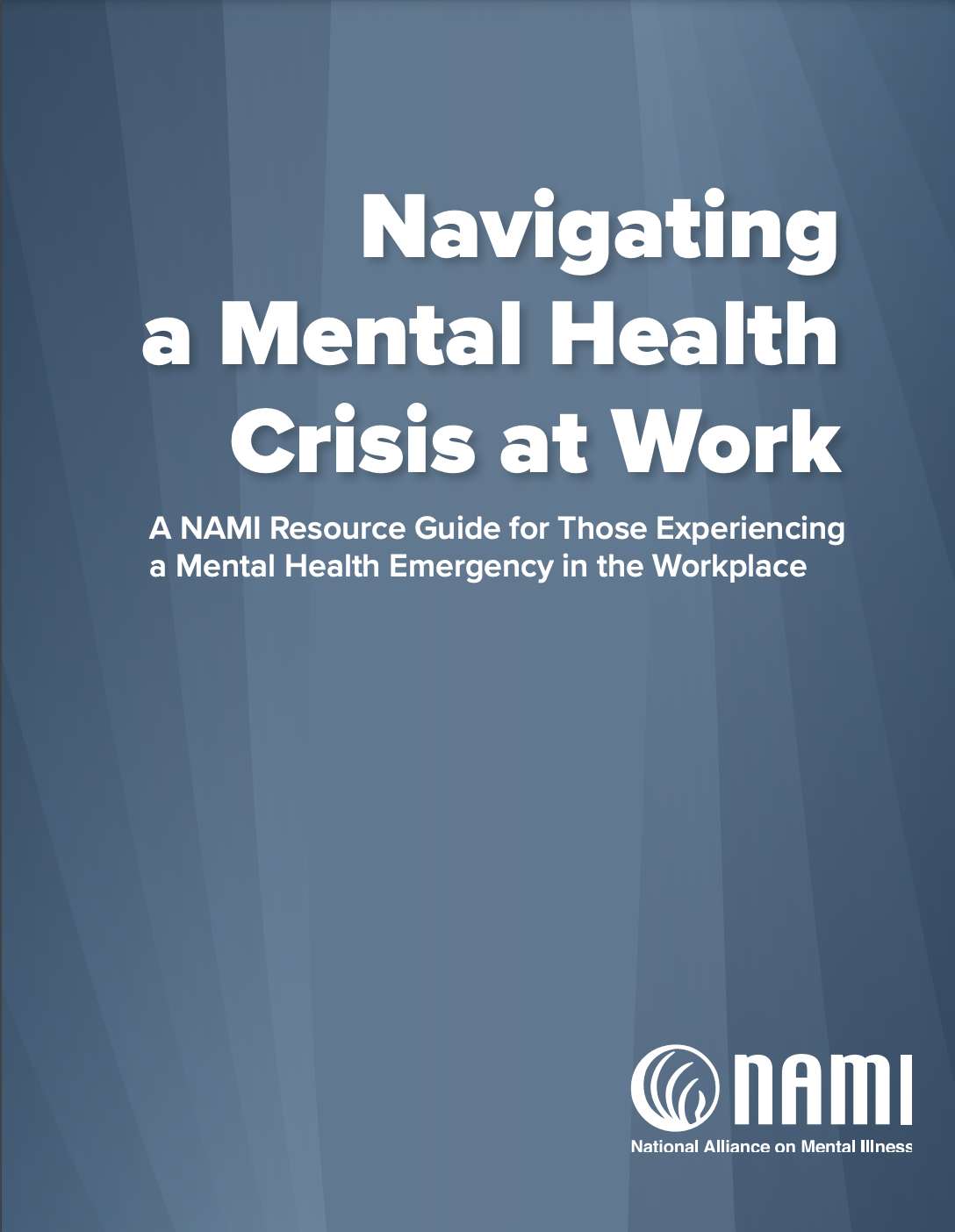It is important to address mental health concerns for employees and ourselves, including during remote or work-from-home situations. These are some suggestions for integrating mental health considerations that may be helpful in these circumstances.
Mirror the Office
Normality and routine that mirrors the office life’s daily patterns and practices can be helpful.
Create a safe and clean work environment
Suggest that remote employees and partners create a structured, dedicated work environment to separate home from work.
Keep routines
Encourage employees and partners to maintain work protocols, including regular hours and appropriate clothing. It is easy to skip lunch and work late into the night without structure.
Take breaks
Remind employees and partners to take regular breaks, like they would in the office, at home.
Stay connected
Promote easy access to one another. Share your cell phone numbers, transfer your work phone to your cell and keep the status bar of your availability updated on Skype, Teams or other internal communications program.
Communicate face-to-face
Research tells us that 7% of communication is accomplished through our words, including email. 38% is voice and a staggering 55% is body language and visual.
Encouragement
Ask for advice from full-time remote colleagues. Many of them have worked remotely, successfully, and they may be happy to help encourage others with their tips and strategies that may help.
Promote Wellness

Provide easy access to healthcare and services
- Many people with mental health conditions, and other health conditions, rely on medications as a key component to treatment and health management. Concerns about adequate supply or ability to obtain refills should be addressed. Anticipate, and strive to address, the need if an employee or partner encounters barriers with healthcare supplies, healthcare access or prescriptions.
- If a company has telehealth benefits, these can be invaluable resources. Remind employees and partners of the medical and mental health care options that are available, especially those remotely accessed, as well as EAP, nurse care telephone access and other benefits.
Check in on your teams
- Taking steps to mitigate the potentially negative impacts of social isolation can be a proactive approach to promoting self-care. This may be especially important for those who live alone.
- Encourage employees and partners to schedule short “water cooler” video calls with their work colleagues, including checking in on one another as they would in the office.
- Use technology for informal texting when appropriate as an additional strategy.
- If you are a manager, keep, or if you don’t have, set, regular check-in times with your team, collectively, to reinforce the benefits of the workplace community.
Encourage movement
Research highlights the benefits of exercise to improving mental, physical and cognitive health. Scheduling some activity into your day will benefit your work-from-home experience. This can include something as simple as a 10-minute walk. Walking outside, and walking with another person if appropriate, enhances these cognitive benefits.
Remember NAMI
- Many NAMI Affiliates provide no-cost NAMI support group and education programs either in person or via video or teleconference.
- NAMI offers NAMI Basics, our no-cost education program for parents and caregivers of youth and young adults with mental health conditions, at no cost, online and on demand.
- The NAMI HelpLine is a free resource for those who wish to speak confidentially to a trained volunteer. Call 800-950-NAMI (6264) or email [email protected] Mon-Fri 10 a.m. – 10 p.m. ET for information, support and referrals.


